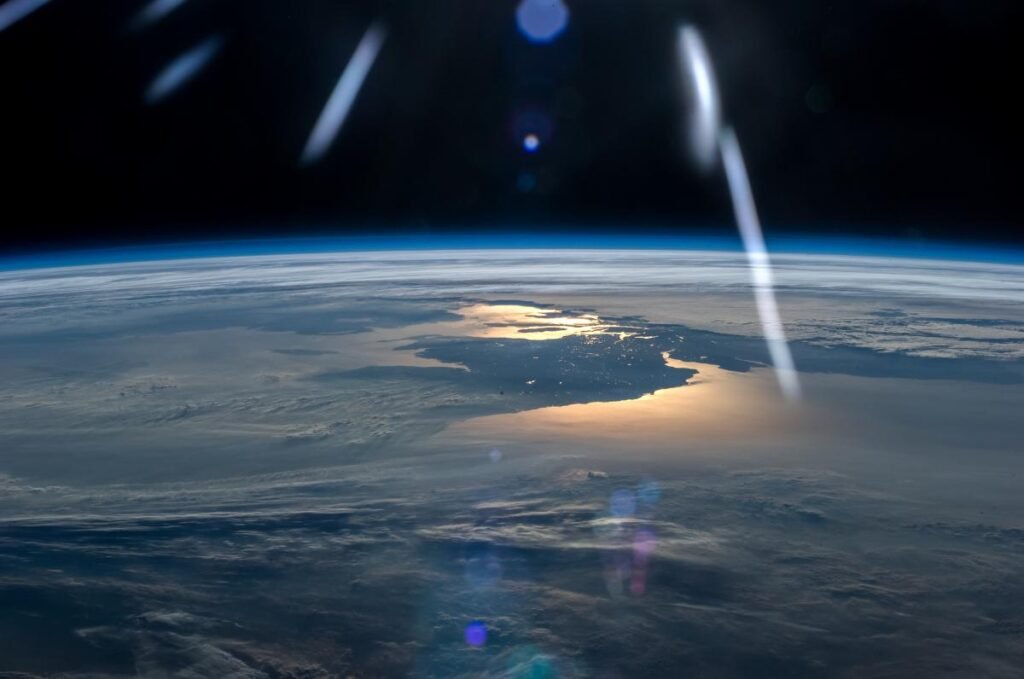Space Hurricane at the North Pole
There is something unanswerable happening since 2020 as they year being the most hated year, it gave joy with mysterious findings been popped up as monoliths were being found out from the middle of nowhere which continued till 2021 and now something happening at the North Pole.
A team of researchers unveiled this week a study where results pointed out the first-ever observation of a space hurricane in our planet’s upper atmosphere. This is not the same cyclone that devastates the Earth’s surface. In contrast, its space hurricane was made up of swirling plasma and “rained” electrons.
Journal Released
University of Reading space scientist Mike Lockwood who is also the co-author of a paper on the phenomenon published in the journal Nature Communications in late February said in a statement Monday that:
“Until now, it was uncertain that space plasma hurricanes even existed, so to prove this with such a striking observation is incredible.”
Reanalyzed 2014 data

This is something observed after reanalyzing data from data collected by satellites in August 2014 by scientists. The discovery was led by a team of researchers from Shandong University in China. A 620-mile-wide (1,000-kilometer) plasma mass was shown in data swirling above the North Pole. It lasted for eight hours with spiral arms.
Plasma is a hot topic among researchers as NASA describes space plasma as “charged particles, like electrons and ions,” after investigating plasma space tornadoes. Plasma particles can be an issue for satellites and astronauts as they shoot through space. A similar study regarding “plasma tsunamis” on the sun was included in a 2019 paper.
Space Hurricane- Other Planets
The Space hurricane was pointed out by Lockwood as charged particles into the Earth’s upper atmosphere and unusually large and rapid transfer of solar wind energy. This spotting of space hurricanes at the North Pole points out the presence of same in the atmosphere of other planets.
Understanding Earth’s space hurricane could help researchers acquire a more profound comprehension of space climate and what it can mean for systems we depend on, similar to GPS. As a little something extra, it simply sounds cool to say “space hurricane.”
